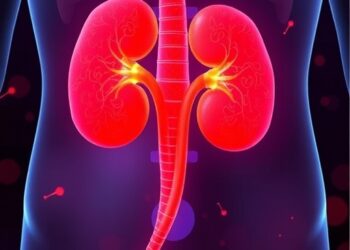ITHACA, N.Y. – The relationship between mother and child may offer clues to the mystery of why humans live longer than expected for their size – and shed new light on what it means to be human – according to a new Cornell University study.
ITHACA, N.Y. – The relationship between mother and child may offer clues to the mystery of why humans live longer than expected for their size – and shed new light on what it means to be human – according to a new Cornell University study.
“It’s one of the really mysterious things about humans, the fact that we live these super long lives as compared to so many other mammals,” said Matthew Zipple, a Klarman Postdoctoral Fellow in neurobiology and behavior at Cornell University. “What we’re putting forward is that a part of the explanation for our long lifespan is this other foundational aspect of our lives, which is the relationship between the mother and her child.”
The paper, “Maternal Care Leads to the Evolution of Long, Slow Lives,” published in the Proceedings of the National Academy of Science.
In their models, Zipple and co-authors found consistently that in species where offspring survival depends on the longer-term presence of the mother, the species tends to evolve longer lives and a slower life pace, which is characterized by how long an animal lives and how often it reproduces.
“As we see these links between maternal survival and offspring fitness grow stronger, we see the evolution of animals having longer lives and reproducing less often – the same pattern we see in humans,” Zipple said. “And what’s nice about this model is that it’s general to mammals overall, because we know these links exist in other species outside of primates, like hyenas, whales and elephants.”
The work builds off the Mother and Grandmother hypothesis, based on observations in 18th- and 19th-century human populations, that offspring are more likely to survive if their mothers and grandmothers are in their lives. This theory has been used primarily as an explanation for menopause in humans, Zipple said – as ceasing reproduction decreases risk of death and allows older females to focus on grand-offspring care.
Zipple’s models are both broader and more specific, incorporating more of the ways that a mother’s presence or absence in her offspring’s life impacts its fitness. The team makes predictions, based on results from Zipple’s doctoral research on baboons and other primates, about how offspring fare if a mother dies after weaning but before the offspring’s sexual maturation, which Zipple found leads to short-term and long-term, even intergenerational, negative effects on primate offspring and grand-offspring.
For additional information, see this Cornell Chronicle story.
-30-
Journal
Proceedings of the National Academy of Sciences
Article Title
Maternal Care Leads to the Evolution of Long, Slow Lives
Article Publication Date
14-Jun-2024




